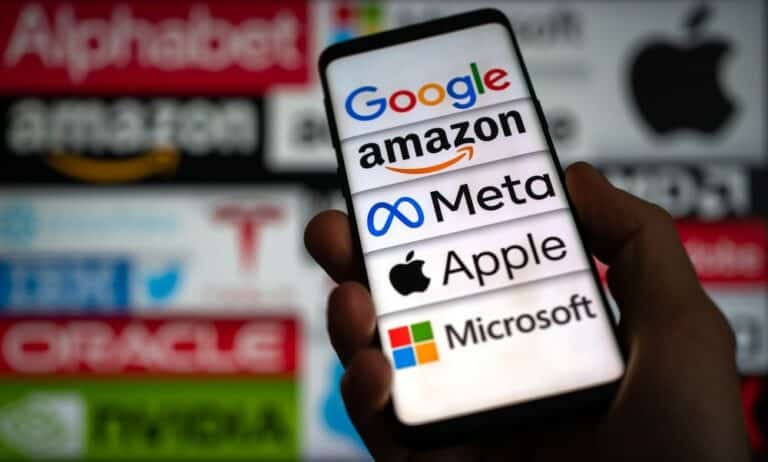The European Commission has excluded iMessage, Bing, Edge and Microsoft Advertising from the Digital Markets Act (DMA). The rules will, however, continue to apply to Apple and Microsoft’s previously designated services.
Among the products subject to the DMA, iMessage, Bing, Edge and Microsoft Advertising are not included. Apple and Microsoft, the tech companies behind the products, previously entered into discussions with European regulators to argue why these products should not be the subject of the DMA. The European Commission says it considered these arguments in the final decision.
DMA: what is a gatekeeper?
With the DMA, the EU is focusing on the power of Big Tech. The rules cover several aspects, including the obligation to be interoperable and more mindful of user privacy.
So, only specific companies and services must comply with the legislation. The EU refers to these companies as gatekeepers. To be a gatekeeper, an organization must meet the following conditions. First, a gatekeeper operates in at least three member states with an annual turnover of €7.5 billion or a market share of €75 billion. In addition, a gatekeeper has 45 million users per month or 10,000 business European users per year. Finally, a gatekeeper must meet both conditions for three years.
Also read: Google parent, Amazon, Apple, Meta and Microsoft pointed out as ‘gatekeepers’
iMessage not interoperable
iMessage will not be part of the DMA because of low usage among business users. That means Apple will not be required to open the messaging system to other messaging services. Google, Vodafone and Orange will be reluctant to hear the European Commission’s final decision. They previously pushed for the DMA to apply to iMessage. Mainly because of the pre-installation on Apple products.
By the way, a Commission decision on the DMA is never final. The market situation is constantly changing, and the European Commission closely monitors the market. An investigation into iPadOS is also ongoing.
